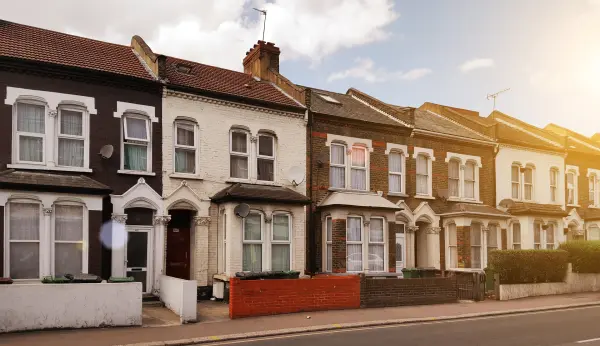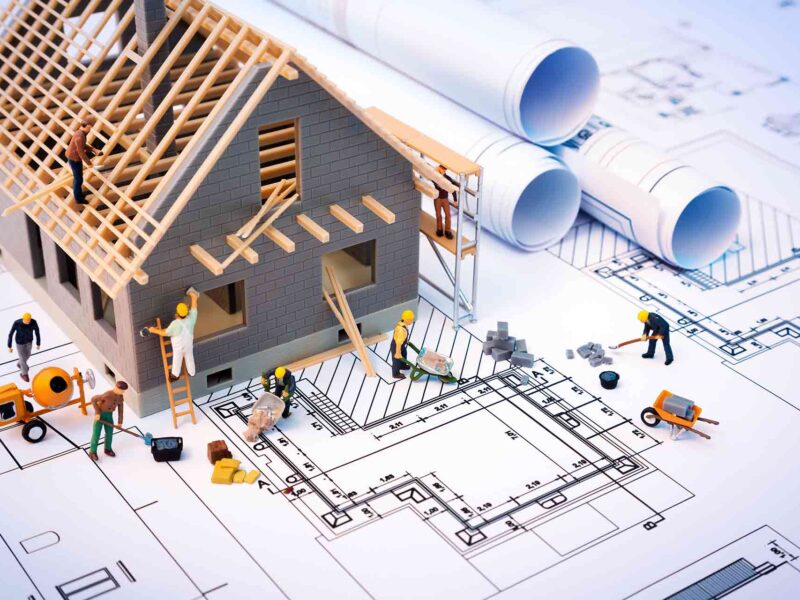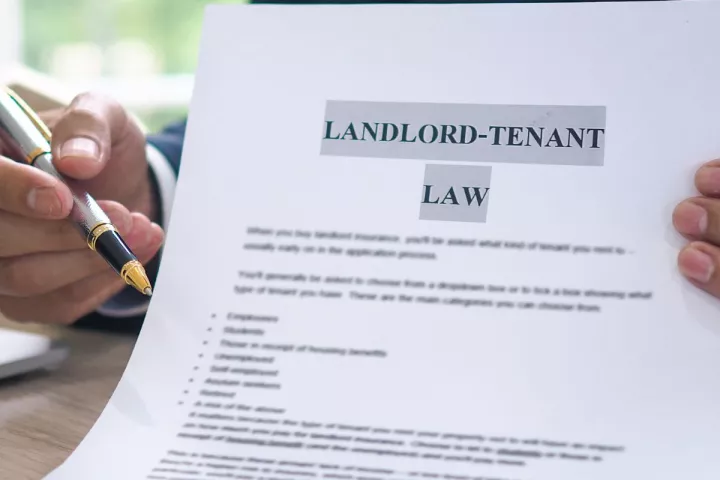Extending a lease on a flat in the UK typically involves several costs. The main expense is the lease extension premium, ranging from £3,000 upwards, depending on factors like lease length and property value.
You’ll also incur legal fees, averaging between £1,200 to £4,500, and surveyor fees for valuation, typically around £600 to £900. Additional costs may include Stamp Duty Land Tax if the premium exceeds £125,000, and there might be unexpected expenses.
In total, you could be looking at around £10,000 to £15,000, excluding potential SDLT, to extend your lease.
What is a Lease Extension?
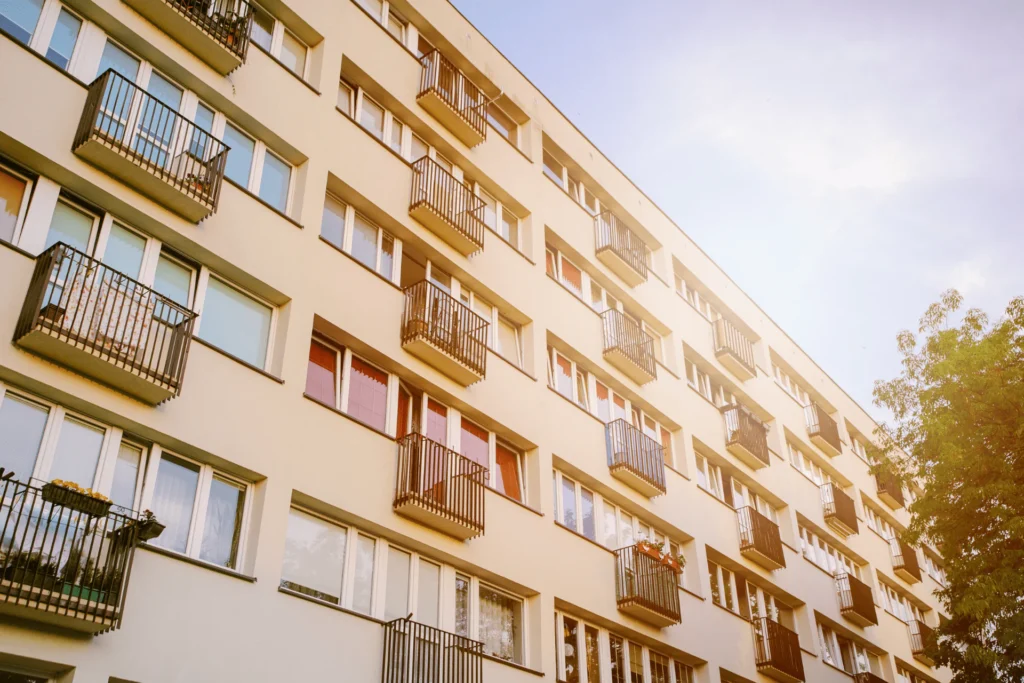
In the context of property ownership in the UK, a lease extension refers to a legal agreement that lengthens the existing lease term on a flat (apartment). Leases for flats are originally granted for a fixed period, and as that period diminishes, the value of the leasehold (your ownership rights) decreases.
Extending the lease typically adds 90 years to the remaining term, significantly enhancing the property’s value and marketability. This process involves paying a lease extension premium to the freeholder (the building owner) and associated legal and valuation fees.
The Leasehold Reform Housing and Urban Development Act 1993 allows leaseholders in England and Wales to extend their leases under specific conditions, ensuring greater security and stability in their property ownership.
Factors Affecting Lease Extension Premium in the UK
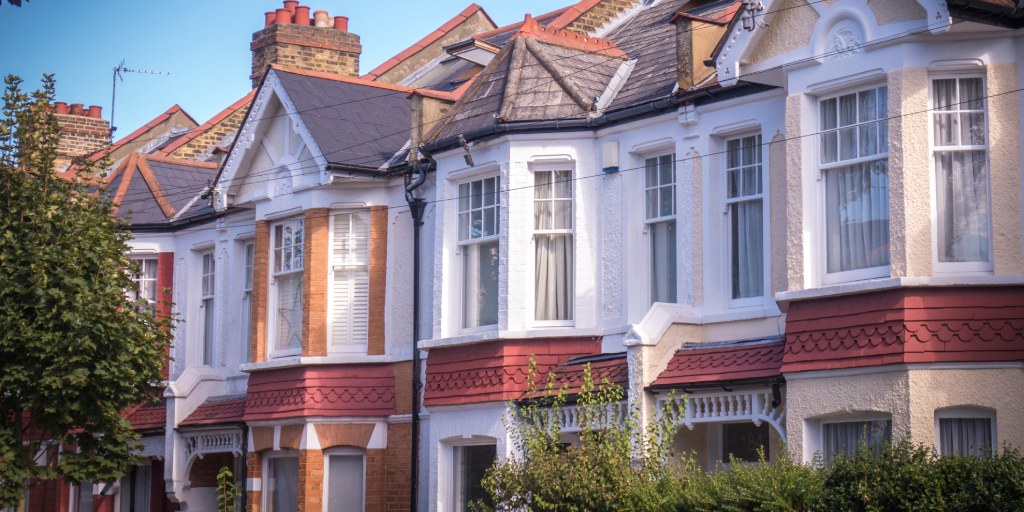
The lease extension premium is the primary cost associated with extending the lease on your flat in the UK. Understanding the factors influencing this cost can help you budget effectively and potentially negotiate a more favorable outcome. Here’s a detailed breakdown of these factors:
Remaining Lease Length
This is the most significant factor impacting the premium. As the years remaining on your lease decrease, the value of your leasehold interest diminishes. This loss in value translates to a higher premium for the freeholder to compensate for the longer lease term.
Generally, lease extensions become considerably more expensive once the remaining lease term falls below 80 years. This is because properties with shorter leases become less desirable for mortgage lenders and buyers. The freeholder can then capitalize on your urgency to extend by demanding a higher premium.
Property Value
The market value of your flat directly influences the premium. A higher property value translates to a greater benefit for the freeholder from extending the lease. Therefore, expect to pay a larger premium for a more valuable flat.
Ground Rent
Ground rent is the annual payment you make to the freeholder as a leaseholder. A lower ground rent increases the attractiveness of your leasehold ownership.
This can work in your favor during negotiations, potentially leading to a lower premium. The reasoning is that the freeholder receives ongoing income from the ground rent, so a lower premium might be acceptable in exchange for this guaranteed income stream.
Marriage Value
Marriage value refers to the increase in the value of your flat due solely to the lease extension. This concept typically comes into play when extending leases with shorter terms (below 80 years). The Leasehold Reform Housing and Urban Development Act 1993 allows the freeholder to claim a share (usually 50%) of the marriage value as part of the premium.
Negotiating Skills
The final premium amount is not always set in stone. The ability to negotiate effectively can significantly impact the final cost. Understanding the factors mentioned above will empower you to build a strong case for a lower premium. Consider seeking professional guidance from a solicitor specializing in leasehold law for expert negotiation support.
Estimated Cost Ranges for Lease Extensions in the UK
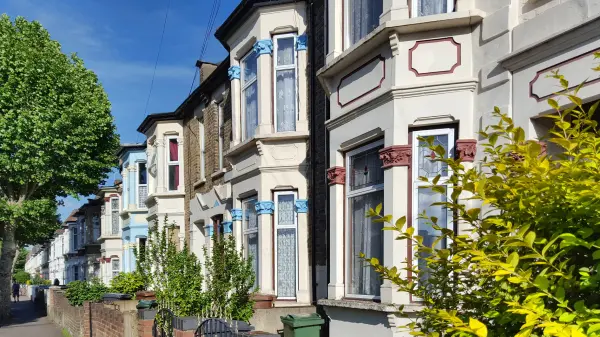
While an exact cost for your specific lease extension is impossible to determine without considering all the relevant factors, here’s a breakdown of estimated cost ranges to give you a general idea:
Lease Extension Premium
This is the most significant cost and can vary widely depending on the factors mentioned previously (remaining lease length, property value, ground rent, etc.).
£3,000 upwards (highly variable). This is a broad starting point, with the actual cost potentially exceeding this significantly.
Legal Fees
These cover the legal work involved in the process for both you and the freeholder (yours are “reasonable costs” only).
£1,200 – £4,500 (combined for both parties). This represents a broad range depending on the complexity of the case and the experience of the solicitors involved.
Valuation Fees
These fees are for valuations conducted by surveyors to determine the property’s market value and the “marriage value” (increase in value due to the lease extension).
£600 – £900 per valuation (may vary). The cost can depend on the property’s location, size, and complexity. You and the freeholder may each require a valuation, so expect this cost to be on the higher end of the range if both parties involve surveyors.
Additional Considerations
Stamp Duty Land Tax (SDLT): This tax may apply to the lease extension premium if it exceeds £125,000. It’s important to factor this potential cost into your budget. Calculators are available online to estimate the potential SDLT liability.
While the above covers the main costs, unforeseen circumstances might lead to additional expenses. Consulting with a solicitor specializing in leasehold law can help you identify potential areas where additional costs might arise.
Here’s an example to illustrate the cost ranges:
- Lease Extension Premium: £10,000 (assuming a mid-range value)
- Legal Fees (combined): £2,500
- Valuation Fees (combined): £1,200
Total Estimated Cost: £13,700 (excluding potential SDLT)
When Should I Extend My Leasehold?
Extending your leasehold before the remaining term drops below 80 years is generally advisable. Extending the lease before this point can help you avoid paying the “marriage value,” an additional cost incurred when the lease term falls below this threshold.
See professional advice to determine the optimal timing and viability of extending your leasehold. Since the lease extension process can take several months, it is wise to begin immediately.
How Long Should I Extend My Lease For?

Deciding how long to extend the lease on your leasehold property depends on your plans, financial considerations, and the existing lease terms. It is advisable to aim for a lease extension that provides long-term security and maximizes the property’s value.
A common approach is to extend the lease to the maximum term available, which is typically 90 years for a flat and 50 years for a house, in addition to the remaining lease term. This strategy helps avoid the need for another extension in the foreseeable future and mitigates potential issues with selling or financing the property.
Individual circumstances may vary, so it is essential to consider factors such as your long-term residency plans, budget, and specific requirements outlined in the lease extension legislation. Seeking advice from legal and property professionals can help you make an informed decision tailored to your situation.
What is the process for extending my leasehold?
Extending your leasehold involves a comprehensive process:
Notify the freeholder
Start by informing the freeholder of your intention to extend the lease. This formal notification signifies your intent to pursue the statutory route for lease extension.
Engage a specialist solicitor
It’s crucial to enlist the expertise of a solicitor well-versed in leasehold extension matters. Look for one who is a member of the Association of Lease Extension Practitioners (ALEP). Request quotes from different solicitors to compare costs and ensure you receive reliable advice throughout the process.
Hire a valuation surveyor
A valuation surveyor plays a vital role in determining the value of the lease extension. Look for a surveyor with expertise in leasehold extension legislation and a strong understanding of the local property market. Your solicitor may recommend trusted surveyors they have worked with before.
Submit a formal offer
Once you have engaged a solicitor and a valuation surveyor, your solicitor will help you serve tenants’ notice. This notice formally presents your offer to the freeholder, outlining your proposed terms for the lease extension.
Negotiate terms
Negotiations with the freeholder typically follow the submission of the formal offer. Your solicitor will represent your interests during these negotiations, ensuring that the terms agreed upon are fair and align with your legal rights and obligations.
Provide a deposit
In some cases, the freeholder may request a deposit upon receiving the formal offer. This deposit is usually required to be paid within a specific timeframe, often within 14 days of receiving the notice. Deposits typically amount to either £250 or 10% of the lease cost stated in the notice, whichever is higher.
Complete lease extension
Once all terms have been negotiated and agreed upon, and any required deposit has been provided, you can proceed to complete the lease extension. This involves paying the lease extension premium and any additional fees specified in the agreement.
Once all payments have been made, the lease extension is finalized, and you can enjoy the benefits of an extended lease term.
FAQ’s
How long does it take to extend a lease on a flat UK?
The lease extension process typically spans from 3 to 12 months. Efficiency in valuers, solicitors, and other professionals involved can expedite the process, so it’s essential to choose them wisely to potentially shorten the timeframe.
How expensive is it to extend a lease?
The cost of extending a lease is directly linked to the property’s value. When the lease falls below 80 years, the landlord is entitled to 50% of the increase in property value upon extension, known as the “Marriage Value.” This factor significantly contributes to the expense of extending a shorter lease.
Final Words
Extending a lease on a UK flat typically costs between £10,000 to £15,000, considering the lease extension premium, legal fees, valuation expenses, and potential Stamp Duty Land Tax. It’s crucial to budget for these expenses and consider any unforeseen costs that may arise during the process.

